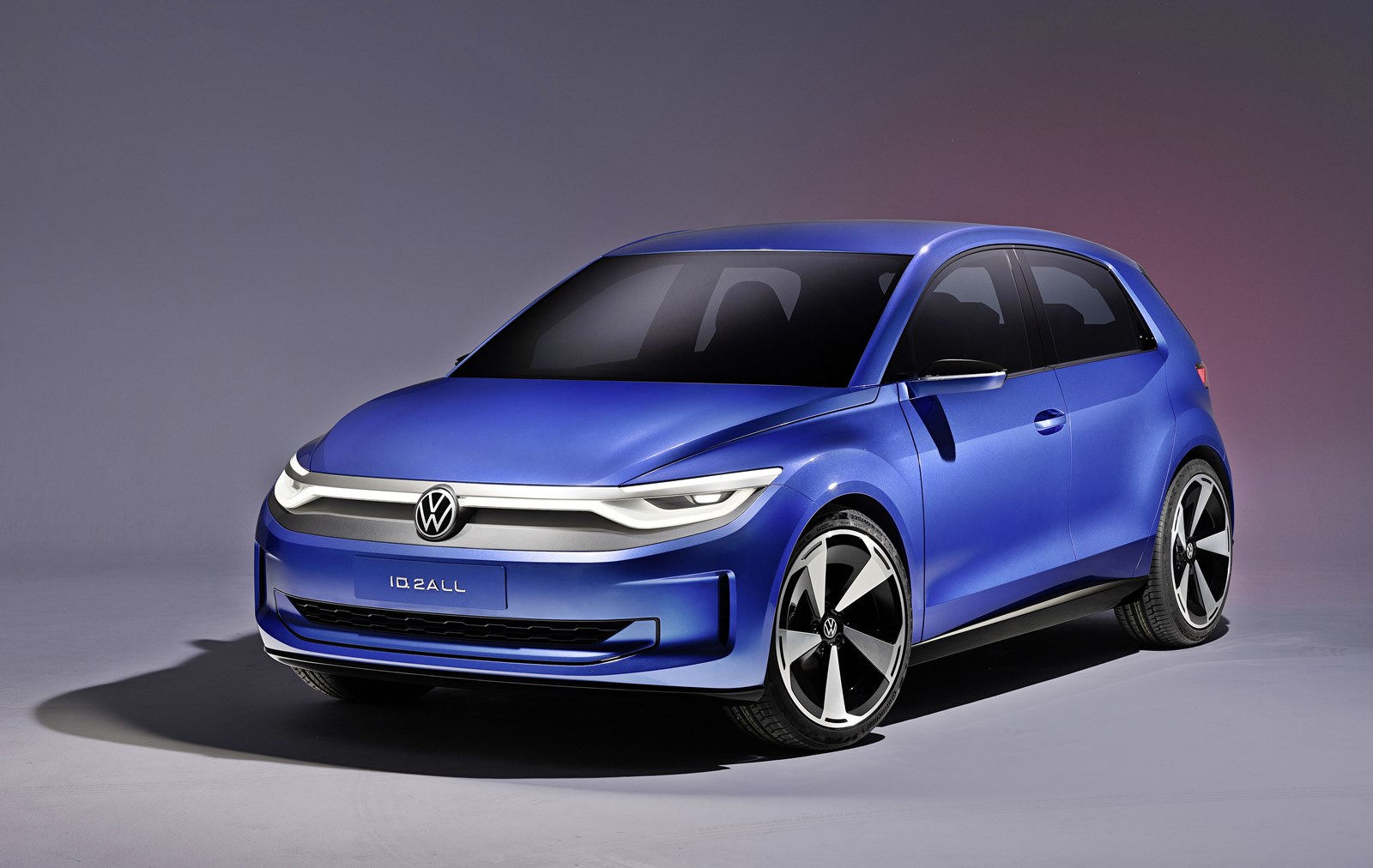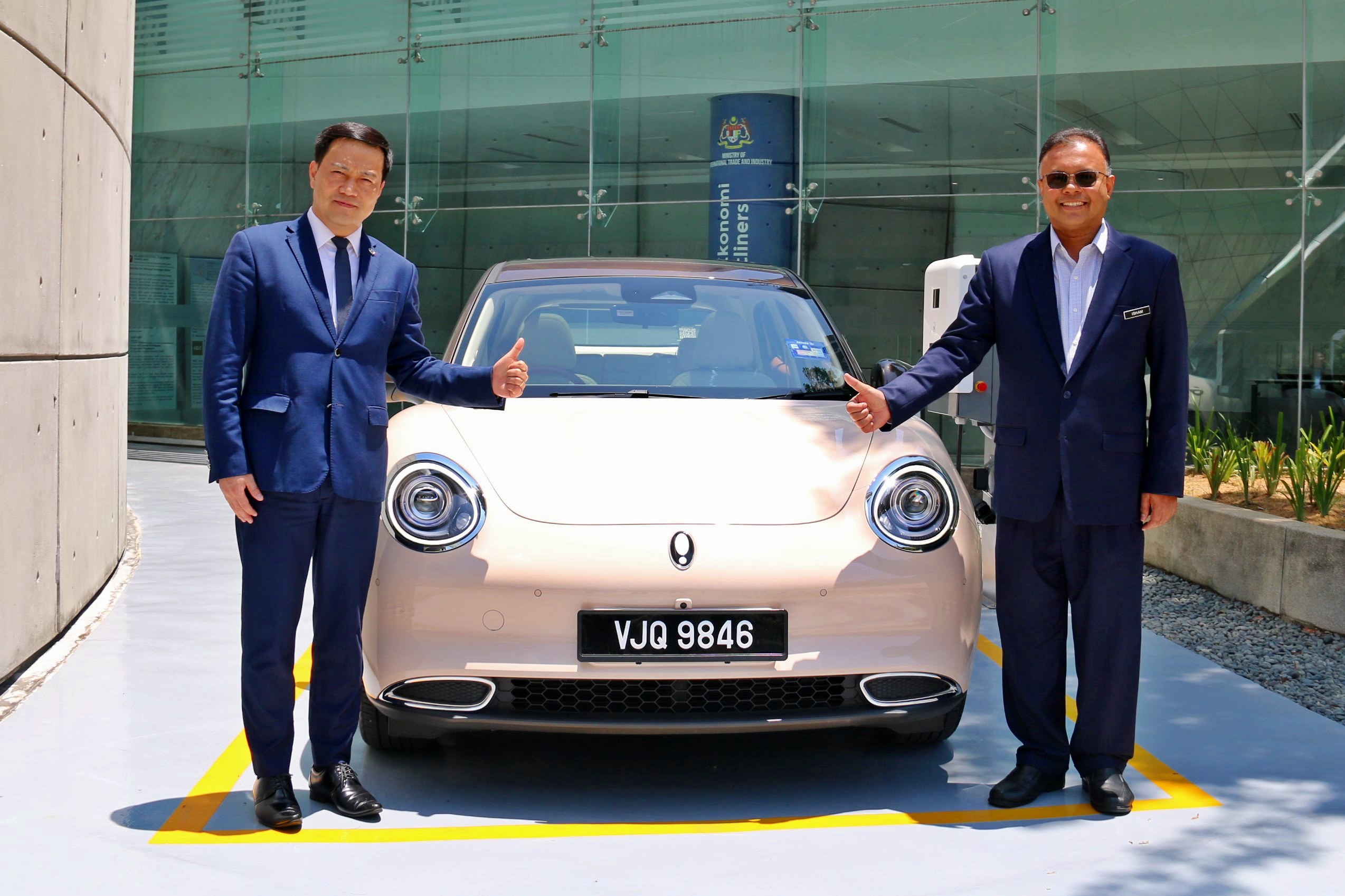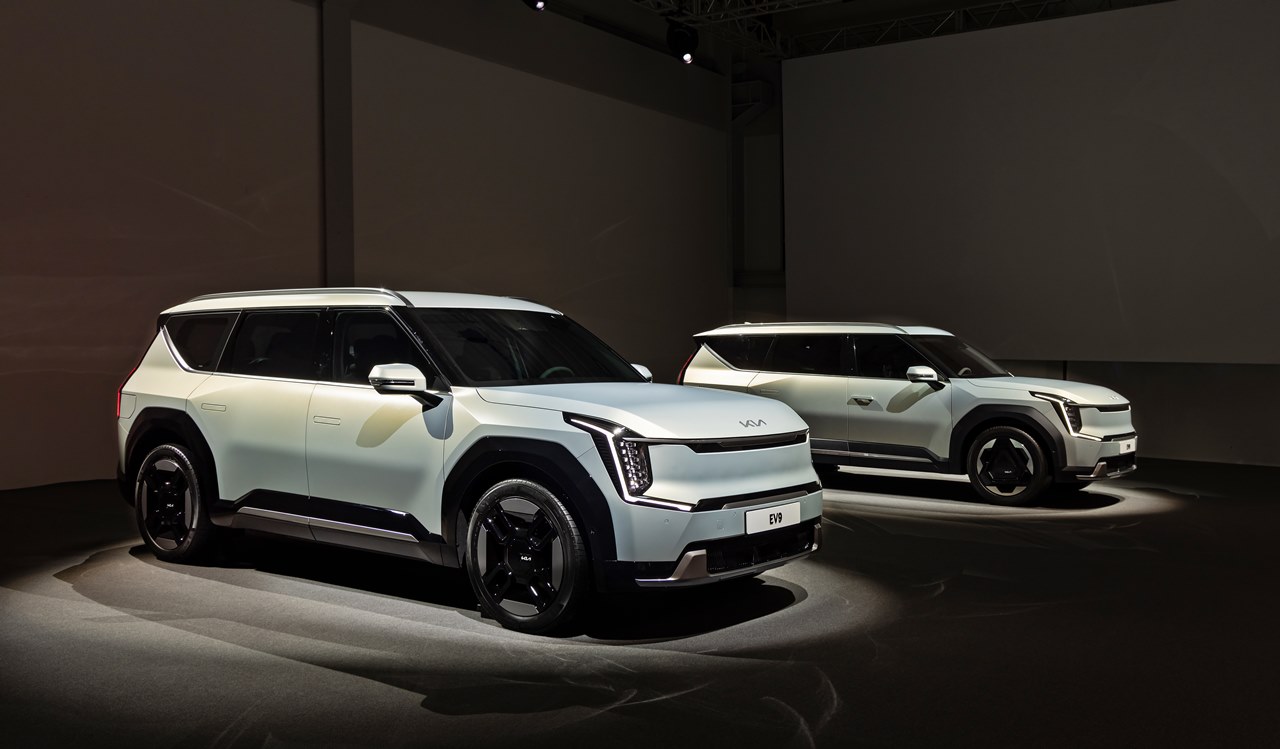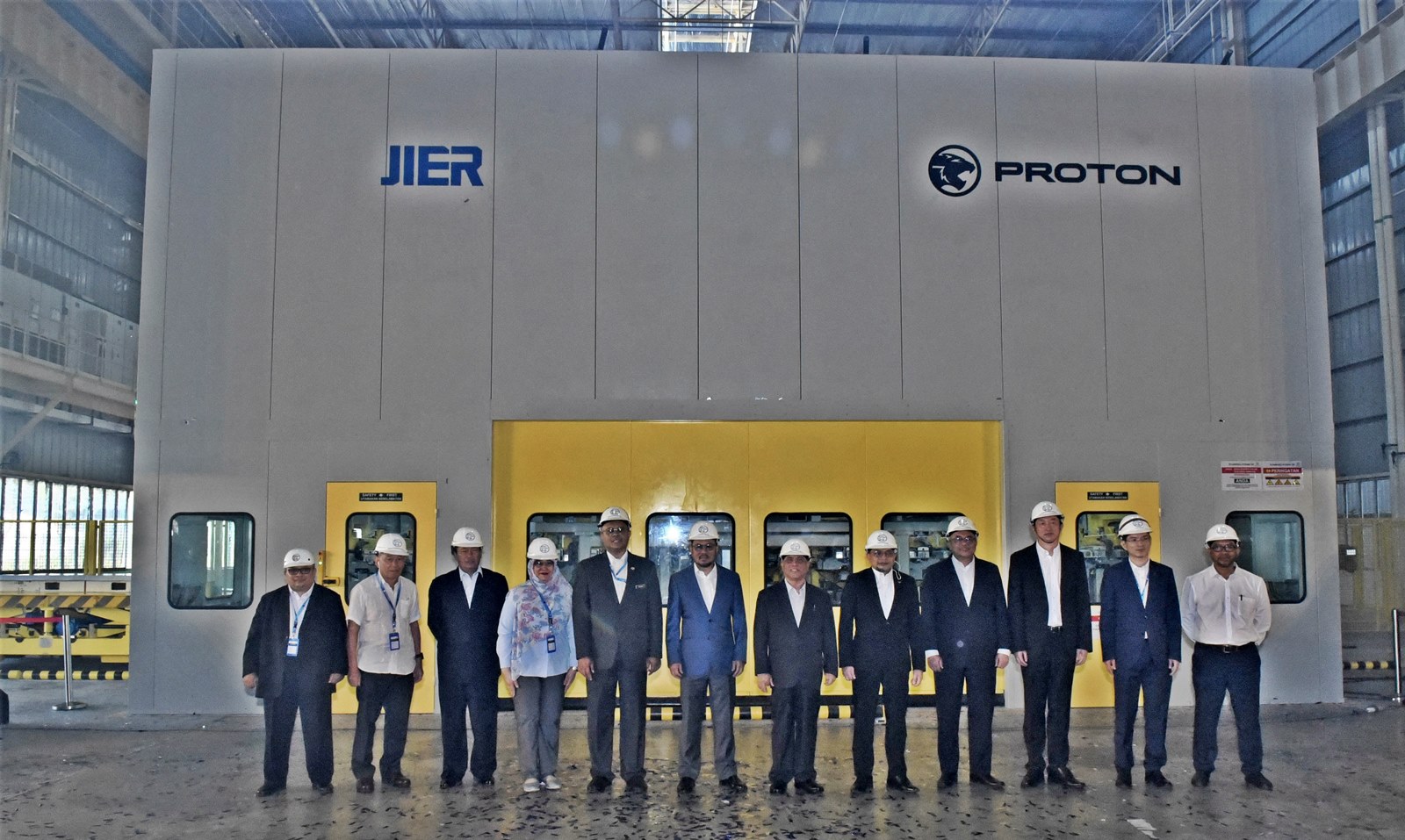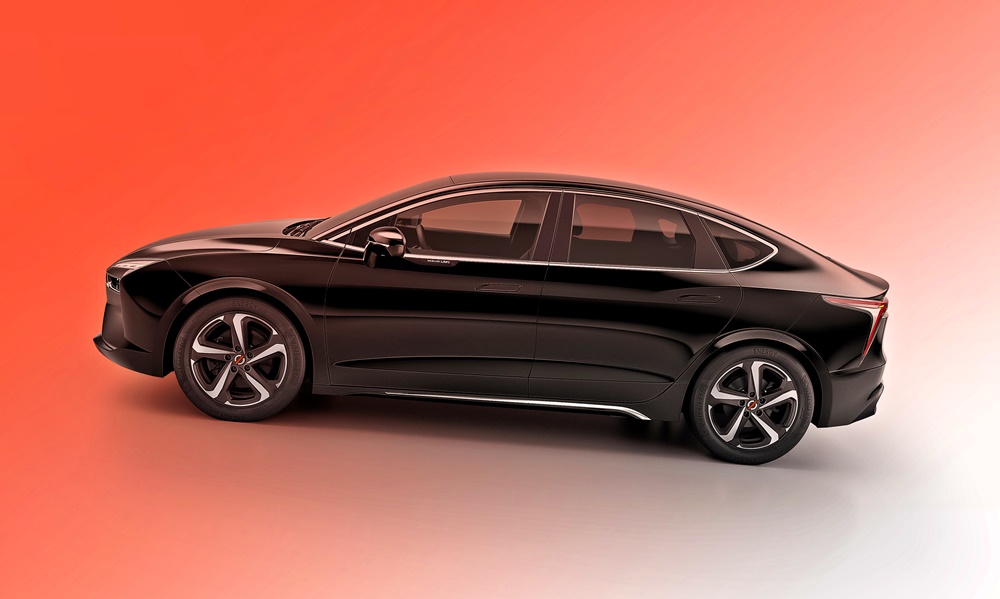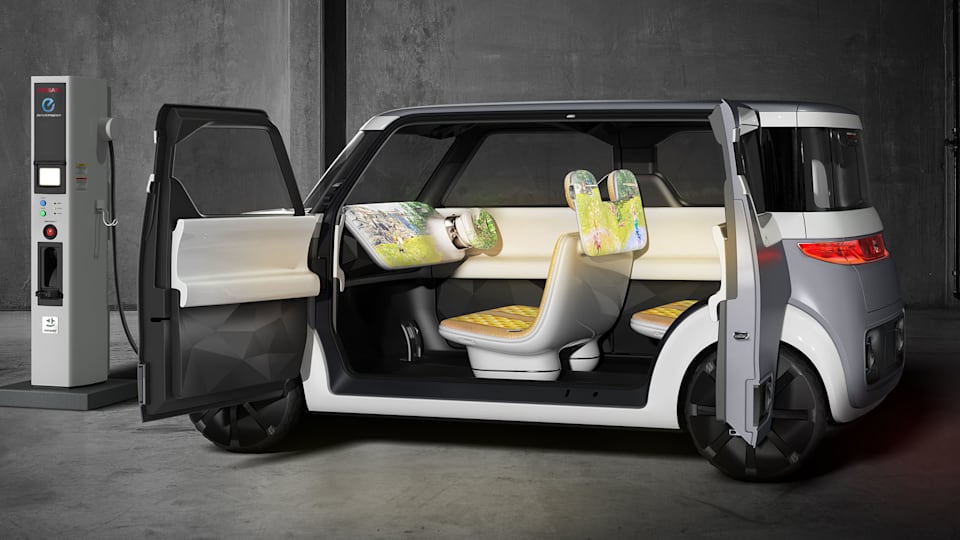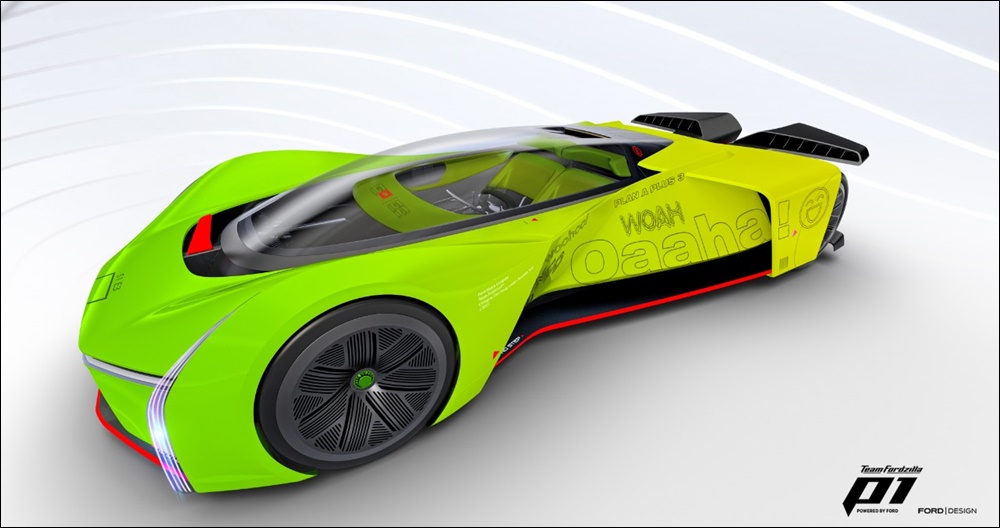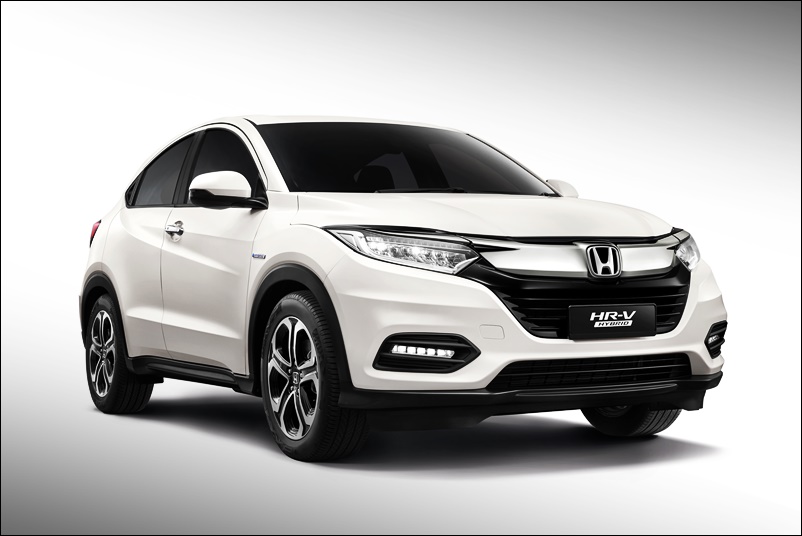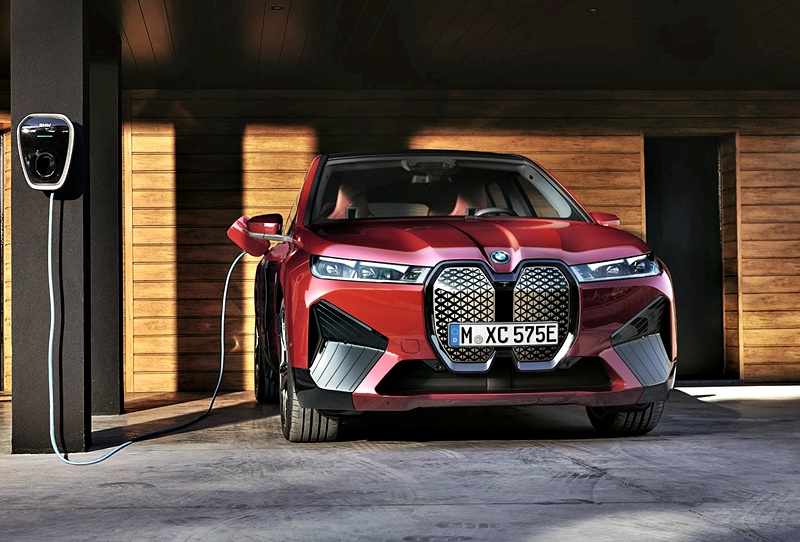While there is a push to get people to switch to electric vehicles (EVs), apart from issues like the recharging infrastructure, the cost of purchasing such vehicle remains higher than similarly sized models with combustion engines. Much of it has to do with the cost of the technologies which are still fairly young, and the huge costs of R&D spent at this time.
For this reason, the auto industry needs the help of governments to also offer incentives that can offset the high purchase prices in the short-term. Various incentives are being given and in Malaysia, the government is exempting EVs from all import duties and even roadtax for a few years.
But the fact remains that for a properly engineered EV of a practical size (we’re not talking about the tiny 2-seater mini EVs), the price still cannot be level with similarly-sized combustion vehicles. There is a downward trend though as economies of scale are slowly kicking in with volumes rising quickly. Some carmakers believe that they will be able to produce EVs at around similar costs as combustion vehicles by the second half of this decade.
One of them is Volkswagen which will have a model costing less than 25,000 euros, which is equivalent to around RM120,000 at today’s exchange rates. This will be ‘full-value’ EV with many high-tech features and is part of the carmaker’s electric offensive which will see 10 new EVs by 2026.
(more…)



